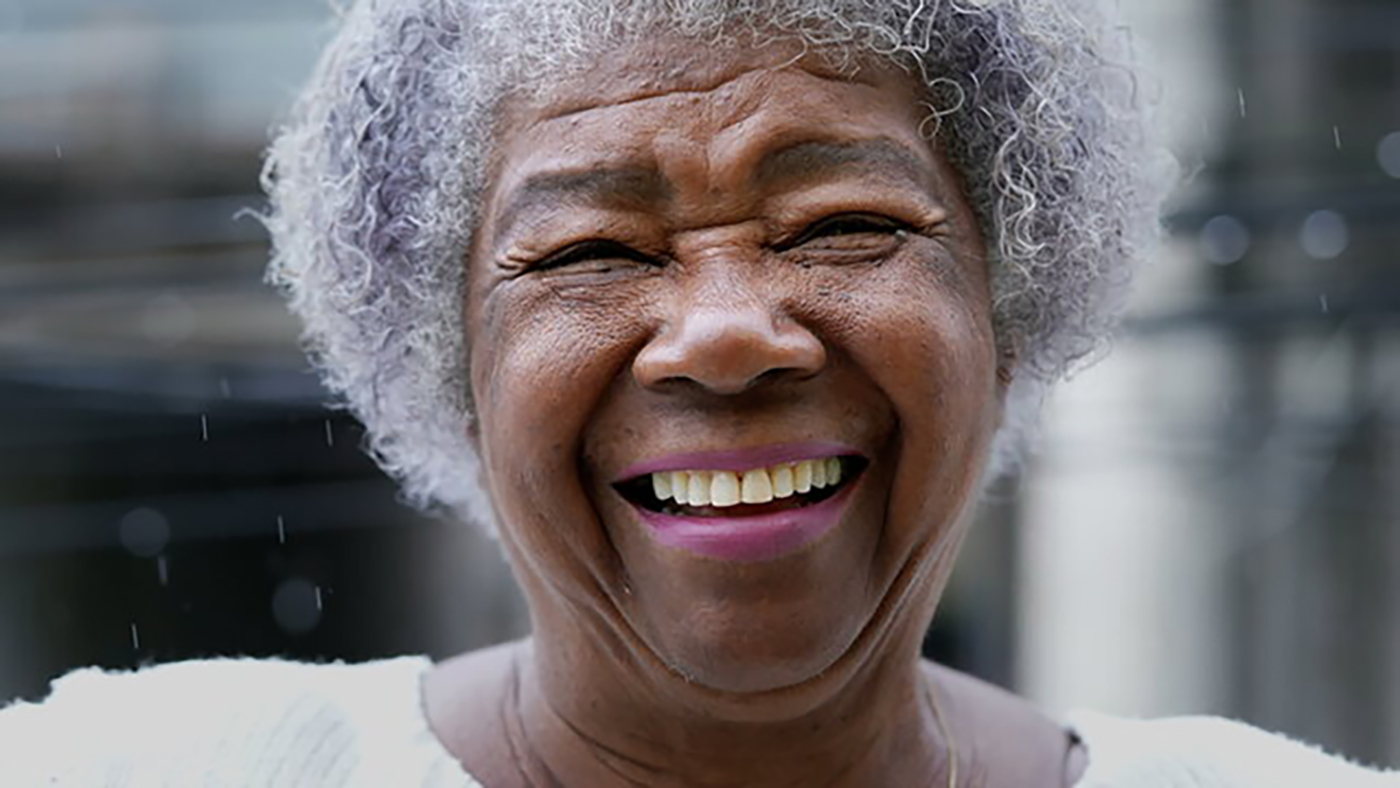
Last March, Darlene Etienne fell down the front steps of her home in Canarsie, Brooklyn. Darlene—who was 77 at the time, in good health, and living alone—fumbled through her purse to find her phone. She was alone, so she breathed a sigh of relief when she heard sirens coming down her street.
At the hospital, doctors determined that Darlene’s fall was the result of weakness caused by an underlying infection and that infection had caused a temporary but acute decline in Darlene's cognition. Without access to a family member or healthcare proxy, the hospital would be unable to treat and later discharge Darlene in her condition. They petitioned for a judge to appoint a temporary guardian to oversee and make decisions about her care.
The judge appointed a nonprofit organization that serves as the legal guardian for nearly 200 New Yorkers. Once appointed, the organization made time-sensitive decisions about her care and rehabilitation. They also hired a contractor to install a railing and grab bars in her home and arranged for a home health service to support her transition. A few months later, once matters of Darlene’s care had been addressed, the guardianship was terminated.
While Darlene’s encounter with guardianship was brief, others require long-term arrangements. In some cases of advanced dementia, traumatic brain injury, and severe mental illness, a guardian may be necessary to ensure the health and safety of the individual. This may involve securing suitable housing, coordinating doctor’s appointments, enrolling and managing participation in public benefits programs, stocking the refrigerator, facilitating social engagements, and many other critical aspects of daily life. Things that many of us may take for granted. Often, a willing family member who understands and can represent the values and wishes of their loved one is appointed to serve.
But across the country and especially here in New York City, people are increasingly aging alone and aging in poverty. In fact, the number of older New Yorkers living below the poverty line increased by over 37 percent in the last decade. Without the support of a relative or the means to pay for private care, a person may be appointed a nonprofit organization to serve as their guardian. Unlike private guardians, who may be incentivized to streamline services by moving a client into a nursing home, nonprofit guardians are accountable to their missions. As such, they are uniquely positioned to provide person-centered care, to help people age in their homes and communities, and to work collaboratively with fellow providers to achieve a continuum of care.
Today, nonprofit organizations serve as the legal guardian for thousands of older New Yorkers and residents with disabilities who need surrogate decision-makers. They oversee both personal- and property-related matters and make sensitive yet crucial decisions about end-of-life care. They fulfill the spectrum of health, social, and financial services for a subset of New Yorkers who are disproportionately women, people of color, and living below the poverty line. Their service terms can be indefinite, often lasting for the remainder of their clients’ lives.
Despite the vital role that nonprofits play in the lives of older New Yorkers—who account for more than 16 percent of the city’s population—less than half of one percent of the city budget supports programs for older adults. This amount can’t possibly meet the needs of a growing older population, who will surpass the number of school-aged children in New York City. We must have the right-sized budget. Let’s live out our values of a truly inclusive city by funding the organizations that help us age safely, healthily, and with dignity.
*Darlene Etienne is pseudonym and certain details of her story have been altered to protect her privacy.
